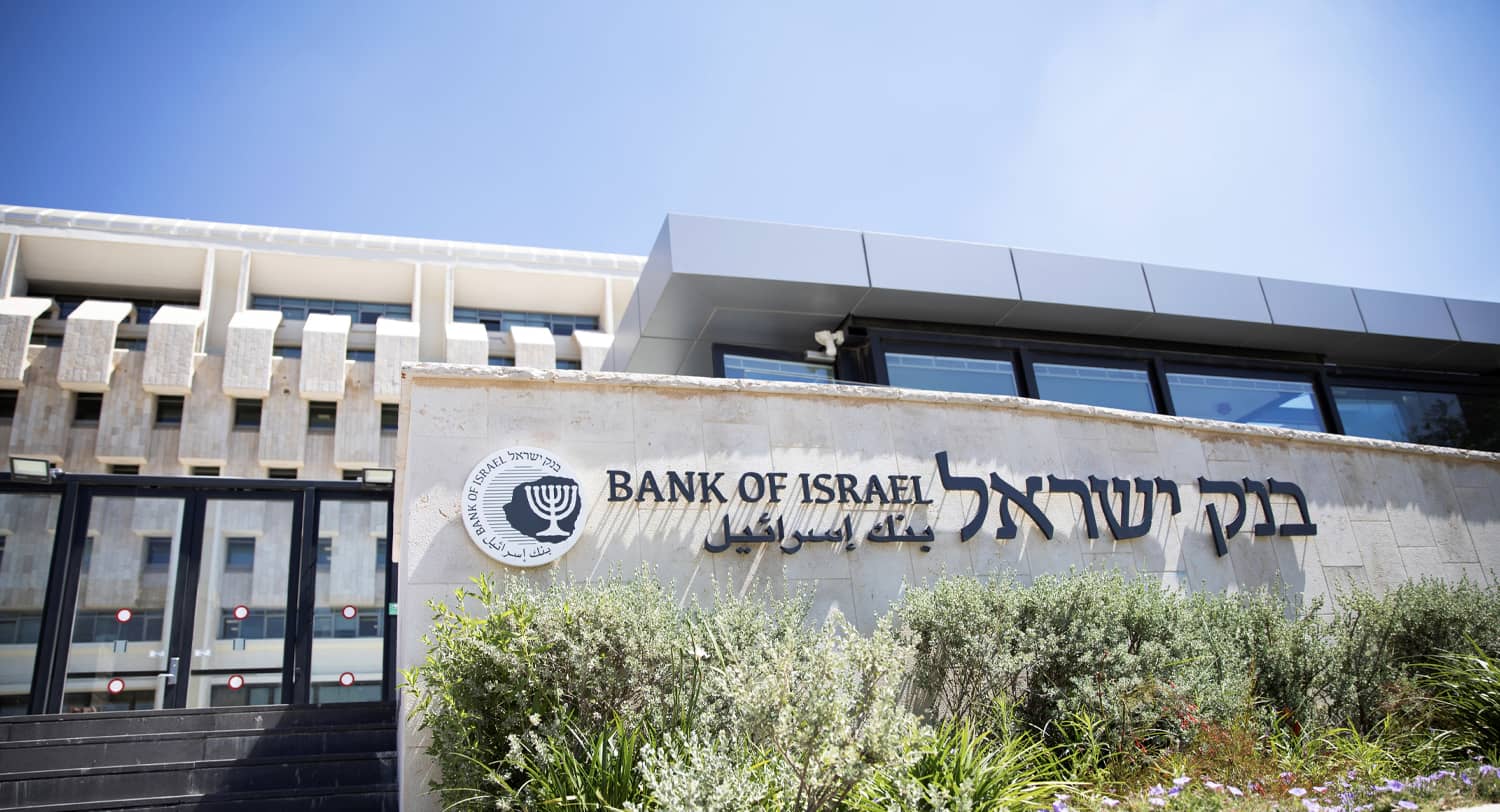Israel’s economy faces two threats in 2025 – from the Iran-Gaza war and from the global economic upheaval caused by the Trump tariffs – but there are also signs of recovery.
As we approach the end of the first half of 2025, Israel finds itself straddling two wars. The obvious one started from Gaza on October 7, 2023 and expanded with attacks from Lebanon, Iran and Yemen. The second is the tariff war and the explosion of global trade tensions between the Trump administration and much of the world.
According to the Bank of Israel, economic activity continues to recover at a moderate pace, but persistent geopolitical uncertainty, along with the shock from new US tariffs, is keeping financial markets on edge.
In the first quarter of 2025, macro-economic indicators were encouraging. Gross domestic product (GDP) grew at an annual rate of 3.4 percent, mainly driven by investment, services exports and current consumption. Nonetheless, the country still remains slightly below its long-term growth rate, a reminder of the lingering toll from conflict and uncertainty.
Earlier forecasted GDP growth rates for 2025 and 2026 have been revised down to 3.5 and 4 percent, respectively, by the Bank of Israel. But even these lower rates assume a winding down of the Gaza war. Israel’s risk premium, a measure of extra return that investors require to invest in riskier Israeli bonds as compared to US Treasuries, is down since the beginning of the war, though remains elevated from where it was on the eve of the war.
Israel’s fiscal outlook is improving: war expenditures are down and stabilizing from the initial jump in late 2023 and early 2024; tax revenues are up in large part due to the increase in the VAT rate from 17 to 18 percent. In 2025, the budget deficit is expected to decline to 4.2 percent, and the debt-to-GDP ratio is forecast to stabilize at 69 percent. These projections assume continued revenue strength and responsible spending, but fiscal balances could quickly change if the conflict intensifies or intra-coalition squabbling reappears.
In its 2025 Economic Survey of Israel, the OECD commends Israel’s war-time resilience, owing in large part to its innovation-driven economy. But the OECD also emphasizes that long-term growth is at risk without structural reform. These risks focus on the integration of ultra-Orthodox Jewish men (and to a lesser but still important extent, Israeli Arab women) into the labor force. These two low labor force participation rates, combined with a lack of secular education, are a drag on productivity. Israel’s demographic trajectory, where the ultra-Orthodox are projected to make up 28 percent of working-age adults by 2060, necessitates urgent labor and education reforms to ensure sustainable growth.
Inflation remains elevated and is proving to be a bit sticky above the target range of 1 to 3 percent per year. The consumer price index (CPI) rose in April in large part due to the prices of flights abroad, a particularly difficult and volatile input to forecast since the onset of the war. Overall annual inflation stands at 3.6 percent. The Bank of Israel and outside forecasters anticipate a gradual convergence to the target range, supported by easing supply constraints and expected moderation in domestic demand over the next 12 months.
On the trade battle front, new external shocks coming from the Trump administration are clouding the picture. The administration’s tariff plan triggered a sharp global equity selloff, a decline in bond yields, and revised forecasts for world trade. For Israel, an export-driven economy, this represents a direct blow. In fact, goods exports fell by 14.5 percent in April, with further pressure expected through 2025.
The escalation of conflict with Iran surely complicates the picture, increasing the range of possible outcomes for Israel’s economy. It could damage the economy by increasing defense spending, disrupting trade, and scaring off foreign investors. Key sectors like tourism, tech, and construction may suffer longer term setbacks.
Alternatively, a swift and decisive military outcome could enhance Israel’s regional security and deter future threats. This might boost investor confidence over time and create a more stable environment for long-term economic growth.

